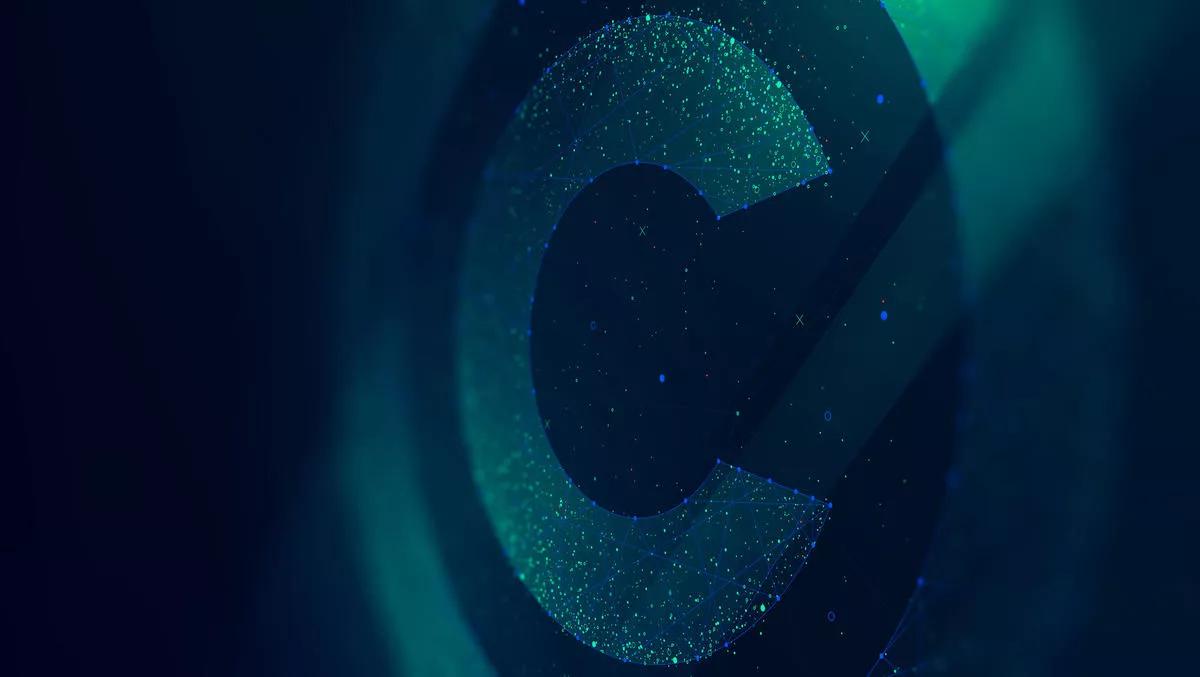
Intellectual property - Some myths about who owns what
If you're an entrepreneur you are probably good at making use of your informal networks, and friends and relatives can be a huge help in developing products and getting them to market. But will you own the intellectual property rights (IP) in what your friends and family develop?
This article looks at some common misconceptions about ownership of such IP.
Myth #1: My friend did some design work for me for free, and she verbally agreed that I would own the IP. So I can use the designs on all my products.
Problem: Under the Copyright Act 1994, copyright in an artistic work belongs automatically to the author of that work unless it was commissioned by someone ("the commissioning party") who agreed to pay for it. In that case, it belongs automatically to the commissioning party unless there is an agreement to the contrary. As there was no agreement to pay for the work, the ownership still sits with the author.
A verbal agreement is not enough, because the Copyright Act also states that assignments (ie: transfers) must be in writing to be legally effective. You might think that it doesn't really matter, because your friend isn't interested in IP and is happy for you to use it.
But what happens when someone else copies that design work and sells it? Or if your friend has a change of heart in a few years' time and decides she is interested in IP now that your product is wildly successful? She may be able to stop you from using that design, or she may start using the same design herself on a different (but cheap and nasty) product. Solution: In this case, the work has already been done, so the best solution is to get a written assignment which transfers the copyright to you. In future, consider getting an agreement in writing before the work is done and paying at least a nominal fee. Also bear in mind that the law varies between different types of copyright works and different relationships.
Myth #2: My brother is an engineer and over a few weekends he invented a clever new component for my machine. I reimbursed him for his time, so I own the IP and can apply a patent for it.
Problem: Under New Zealand Patents Act 1953, the only persons entitled to apply for a patent are: 1. The inventor; 2. The person to whom the inventor has assigned his or her rights in the invention; 3. The personal representative or assignee of either of the above (if deceased); 4. Any of the above as co-applicant with another person. This means that unless or until your brother has assigned his patent rights to you, you are not entitled to file an application on your own.
Also, depending on the circumstances, your brother might still own copyright in any plans or prototypes he made. Solution: If it is agreed that you will own the IP, ask your brother to assign all IP relating to the work to you in writing before filing the patent application. Next time, consider getting an agreement in writing before the work is started.
Here are a couple more misconceptions that can give rise to similar issues: Myth #3: I designed some software for my previous employers. They have said they are not interested in using it. It's in the public domain, so I can bundle it with my new software package and sell it.
Myth #4: I'm a director of my company. The company can definitely file a patent application for my invention and we don't need any special agreement. In each situation, it's best to get a written agreement before the work starts. What is required will depend on the intellectual property involved. Many products involve more than one type of IP (eg: patent rights and copyright), so it's important to ensure that the requirements for each are met.
There are also steps that can be taken to tidy up after the event if necessary, as the above scenarios show, and sometimes this will be required as well. But sooner is usually better than later.
*The above information is of a general nature and is not intended to be comprehensive or to constitute advice. Readers are advised to seek specific advice before acting on any information provided

